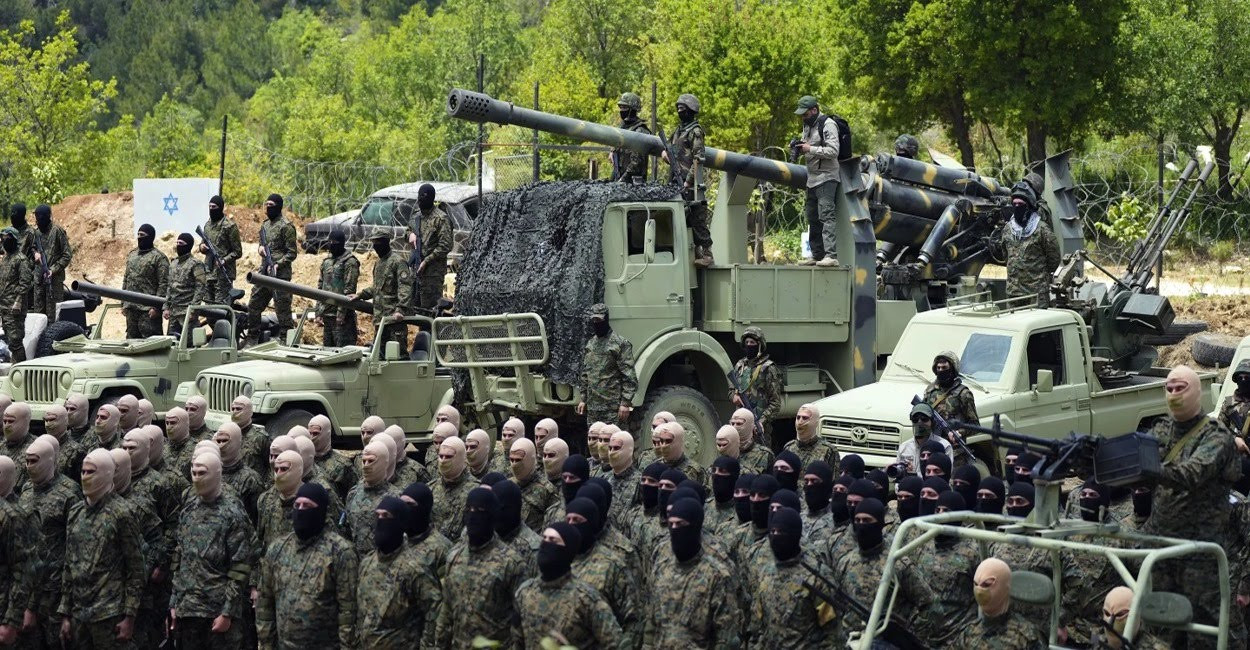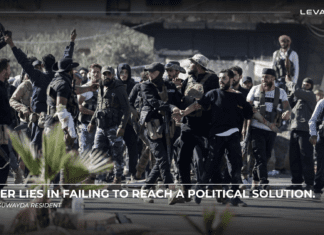
On Saturday, September 21, Israeli forces crossed into Syrian territory in the Quneitra Governorate, a region near the Israeli-occupied Golan Heights. The incursion, which included tanks, bulldozers, and trench-digging equipment, has heightened tensions in an area already fraught with conflict.
Local sources reported that the Israeli army advanced up to 200 meters into Syrian territory, where they commenced bulldozing agricultural lands and constructing earthen barriers. The construction efforts are reportedly part of the “Sufa 53” road project, a controversial initiative that has previously seen Israeli forces penetrate Syrian land up to two kilometers beyond the established UN Disengagement Observer Force (UNDOF) line.
Heavy machinery, including bulldozers and a Merkava tank, has been seen entering the area daily, operating from morning until evening before returning to Israeli-controlled territory. The equipment has been used to dig trenches and build lookout points supported by five-meter-high earthen berms. These activities are concentrated west of Jabata al-Khashab, under the watchful eyes of Israeli observatories in the al-Shahar area. Despite the visible military presence, Israeli officials have not commented on the operation, and Assad’s state media has remained conspicuously silent on the matter.
In mid-2022, Israel reportedly crossed the UNDOF line, extending the Sufa 53 road deeper into Syrian territory. The latest fortification efforts appear to be an extension of this policy, aimed at bolstering Israel’s defensive capabilities along a contentious border.
Israeli security officials have expressed growing concern over the presence of Iranian-backed militias near the Golan Heights. The Israeli newspaper Haaretz reported that approximately 40,000 fighters from Syria, Iraq, and Yemen have gathered in the region, potentially awaiting orders from Hezbollah Secretary-General Hassan Nasrallah to engage in combat. While these forces are not considered elite, their massing near the Israeli border is seen as a significant threat.
The Israeli army has reportedly pledged to take action in Syria to deter the presence of these militias and to signal to Bashar al-Assad that their presence will not be tolerated. This development has raised fears of further expanding the regional conflict, as Israeli officials warn that the current tensions could escalate into a full-scale war.
The Israeli security establishment is also grappling with the challenges posed by Hezbollah’s growing military capabilities, including an estimated arsenal of over 100,000 missiles capable of striking deep into Israel. As the situation evolves, the potential for further military escalation in the Golan Heights remains high.








